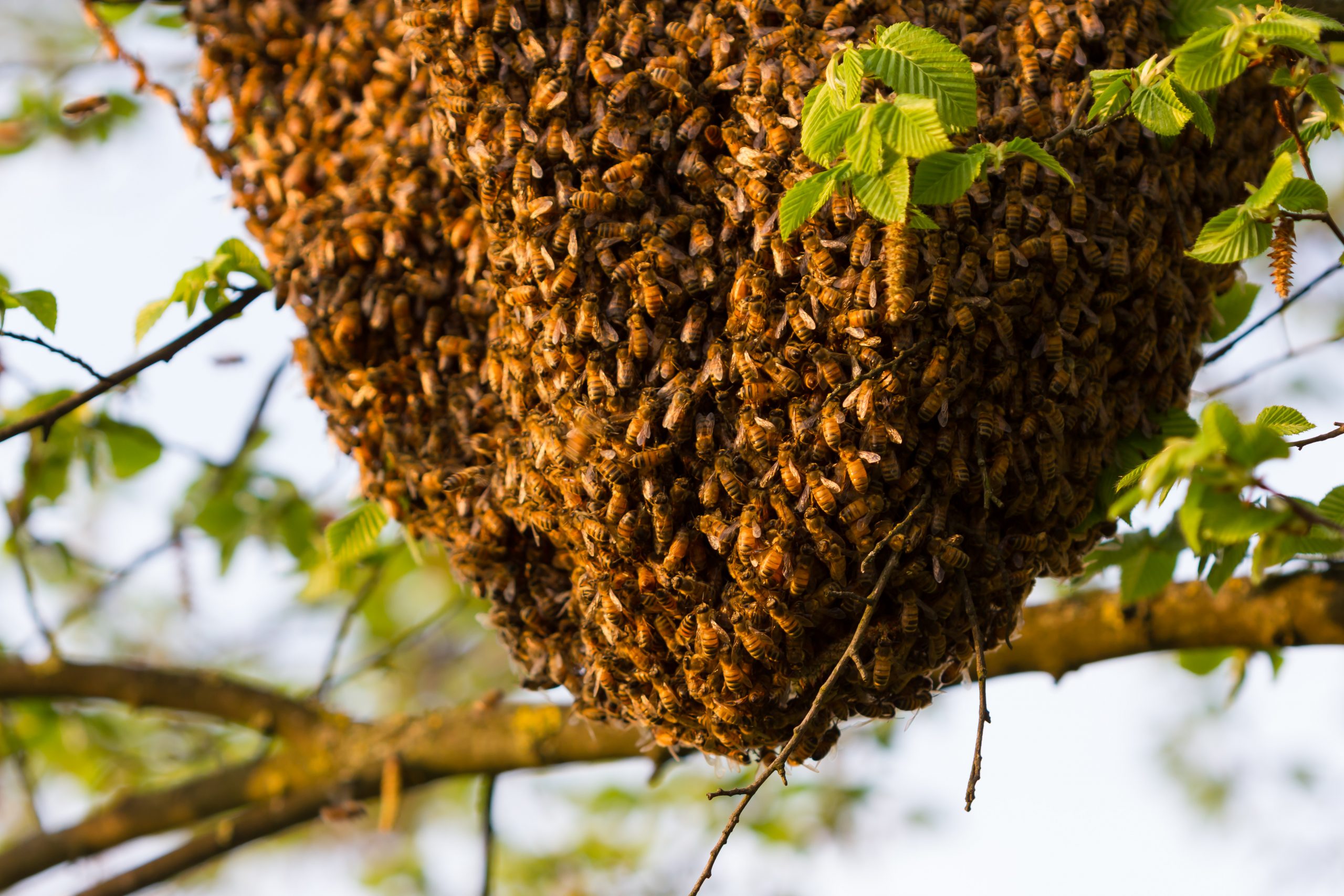More Honeybee Rescuers Add Up Each Day
September 30, 2016
Bee Colony Collapse, Honey, Honey Bees
Iowa beekeepers have tripled in the last ten years, according to the Iowa Department of Agriculture. Even more staggering is that membership in the Des Moines Backyard Beekeepers grew from 25 to more than 500 in just the last four years. With these additions comes more possible honeybee rescuers in the state of Iowa, and, as the Iowa Honeybee Association reports, ten percent of its group of 1,260 members have responded to swarm calls. “The idea is to save as much of the brood as we can,” said Dave Croll, a bee rescuer and Backyard Beekeepers member. Croll’s interest in bees began only three years ago, and he already has three hives thanks to his initiative to protect swarms.
When colony collapse disorder (CCD), worker bees mysteriously disappearing from hives, emerged a decade ago, there was great concern, and that concern is likely a leading cause for the growth of beekeepers in Iowa and other areas of the US. “One of every three bites of food we eat is a result of pollination from pollinators,” Croll said. “It takes five or six bees a lifetime to produce one teaspoon of honey.”
Bees forage for pollen for carbohydrates and, in the process, move pollen from flower to flower and cause natural pollination for fruits and vegetables. After learning more about CCD, beekeepers everywhere have had to become smarter regarding what bees need to eat and how to avoid parasites and the spraying of pesticides.
This growing group of rescuers in Iowa are fearless and committed, often giving up hours on Saturdays to help save local bee populations. When a storm knocked down a tree at the home of Des Moines Register columnist Mike Kilen, Croll and the rest of the Backyard Beekeepers came to the rescue of a homeless swarm. Responding to swarm calls was not unusual to Croll, who, along with other group members, has been able to harvest 30 pounds of honey this year from his rescued bees.
Croll took a small saw to clear bits of the jagged tree break and tossed honeycomb to the ground, finding a spot to rest a “nuc box” and using it to capture the hive and the queen. “I take them to the farm, feed them a lot, and hope they survive the winter.” Mr. Klein was very grateful for the services Croll and his group provided, and he has now developed his own special interest in honeybees. While Croll and his group likely did not plan this, they found another way to help honeybees by spreading awareness.


.jpg)



